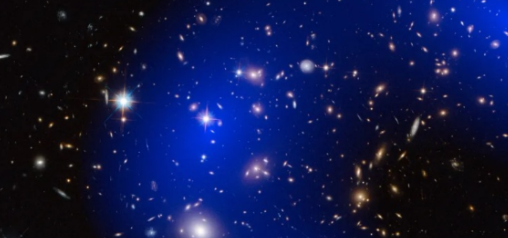
At its core, one of the most remarkable feats of scientific progress lies in humanity’s deepening comprehension of the Universe, spanning from the minutest subatomic scales to the vast expanse of cosmic dimensions. Through rigorous inquiry and meticulous observation, our understanding has evolved to encompass the intricate workings of the cosmos in unprecedented detail.
READ: Navigating Amsterdam’s Waterways: A Canal Cruise Experience
Scientific
The foundation of this understanding rests upon two pillars: the standard model of particle physics and Einstein’s general theory of relativity. Together, they provide a comprehensive framework that elucidates the interactions, properties, and presence of various entities within the Universe, from atoms and light to neutrinos and gravitational forces. Moreover, cosmological theories such as the Big Bang, coupled with concepts like inflation, dark matter, and dark energy, offer profound insights into the evolution and structure of the cosmos, weaving a compelling narrative of its origins and development.
Yet, amidst the backdrop of scientific progress, misconceptions often abound, fueled by sensationalized headlines and misinterpretations of research findings. Recent claims challenging established paradigms, such as the existence of dark matter or the age of the Universe, have stirred controversy and confusion among both scholars and the public alike.
However, it’s essential to scrutinize such claims through the lens of scientific methodology. Our current understanding of the Universe isn’t haphazardly constructed; it’s the culmination of rigorous experimentation, meticulous observation, and theoretical validation. Multiple lines of evidence converge to support prevailing theories, offering a robust foundation upon which our knowledge is built.
Moreover, the pursuit of scientific inquiry inherently encourages exploration and innovation, even if it means entertaining alternative hypotheses. While some theories may diverge from mainstream consensus, they play a vital role in expanding the horizons of scientific discourse, prompting further investigation and refinement of existing models.
Nevertheless, distinguishing between legitimate scientific inquiry and unsubstantiated speculation is paramount. Rigorous scrutiny and adherence to empirical evidence are fundamental principles that safeguard the integrity of scientific discourse, ensuring that theories withstand the crucible of scrutiny and validation.
In essence, the hallmark of scientific progress lies not in the blind acceptance of prevailing theories, but in the relentless pursuit of truth through disciplined inquiry and intellectual rigor. By embracing the dynamic nature of scientific inquiry and fostering a spirit of critical inquiry, we continue to unravel the mysteries of the cosmos, inching ever closer to a more profound understanding of the Universe and our place within it.